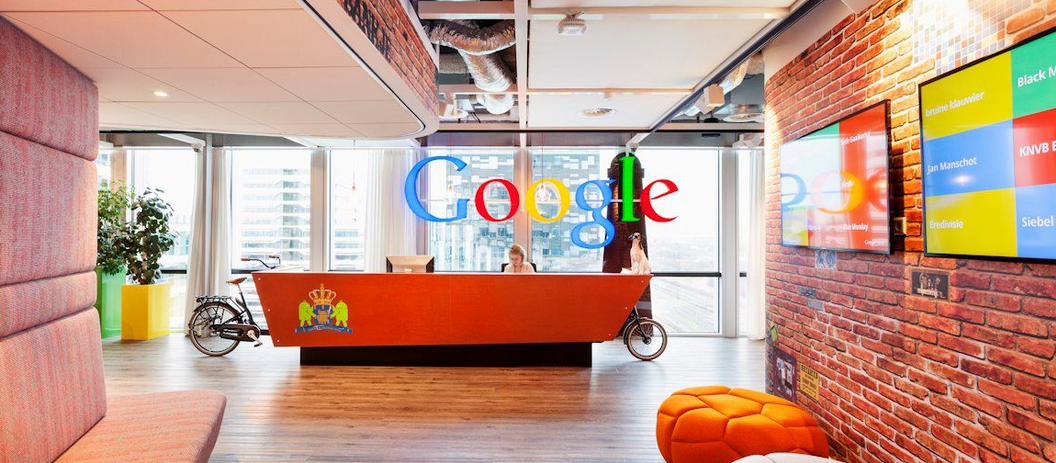What are some examples of things you worked on at Google?
It’s worth noting that every APMM has a different job. Each of my positions was on the Consumer Marketing side, meaning that I worked on things that regular users (like you and me) would see.
Over two years, I worked on more than 20 videos (examples 1, 2, 3) and 12 microsites (a microsite is a website that is typically for a one-time event or something specific that won’t need much maintenance.) For my year in India, my job was often to think of moments in time in which we could surprise and delight users… sometimes that meant we’d team up with another company (like the Oscars — which was a fun project to work on!), and other times, my role was to keep Google relevant during holidays, such as with April Fool’s. Fun fact: I was the Google Nose model for April Fool’s 2013!
What’s cool about being an APMM is that they trust you with projects that you may not have experience working on. For example, my second month on the job, I was sent to a commercial shoot completely alone, despite that I had never produced a commercial before. But while there, I was able to direct them with how to incorporate product in the right way, which was one thing I knew well (just by being an avid Google user).
Source: Liz worked at Google for two years as an Associate Product Marketing Manager (APMM), then got promoted to Product Marketing Manager (PMM). Her first year was on the Google Search App, then the Brand and Partnerships team in Mountain View, and her second year was leading Brand in India.






 Startups tend to be all about casual or business casual attire – a nebulous term, we know. Here’s what we’ve dubbed to be in the “safe zone” for interviews at a startup: a nice button-down and casual slacks work well for both men and women (or a blouse and slacks for women). A casual blazer isn’t necessary, but it’s always a nice touch, as is a nice casual, yet appropriate dress with a blazer.
Startups tend to be all about casual or business casual attire – a nebulous term, we know. Here’s what we’ve dubbed to be in the “safe zone” for interviews at a startup: a nice button-down and casual slacks work well for both men and women (or a blouse and slacks for women). A casual blazer isn’t necessary, but it’s always a nice touch, as is a nice casual, yet appropriate dress with a blazer. For your interview with the JPMorgan Chase’s of the world, your attire will have all your friends saying, “I see you!”
For your interview with the JPMorgan Chase’s of the world, your attire will have all your friends saying, “I see you!”




